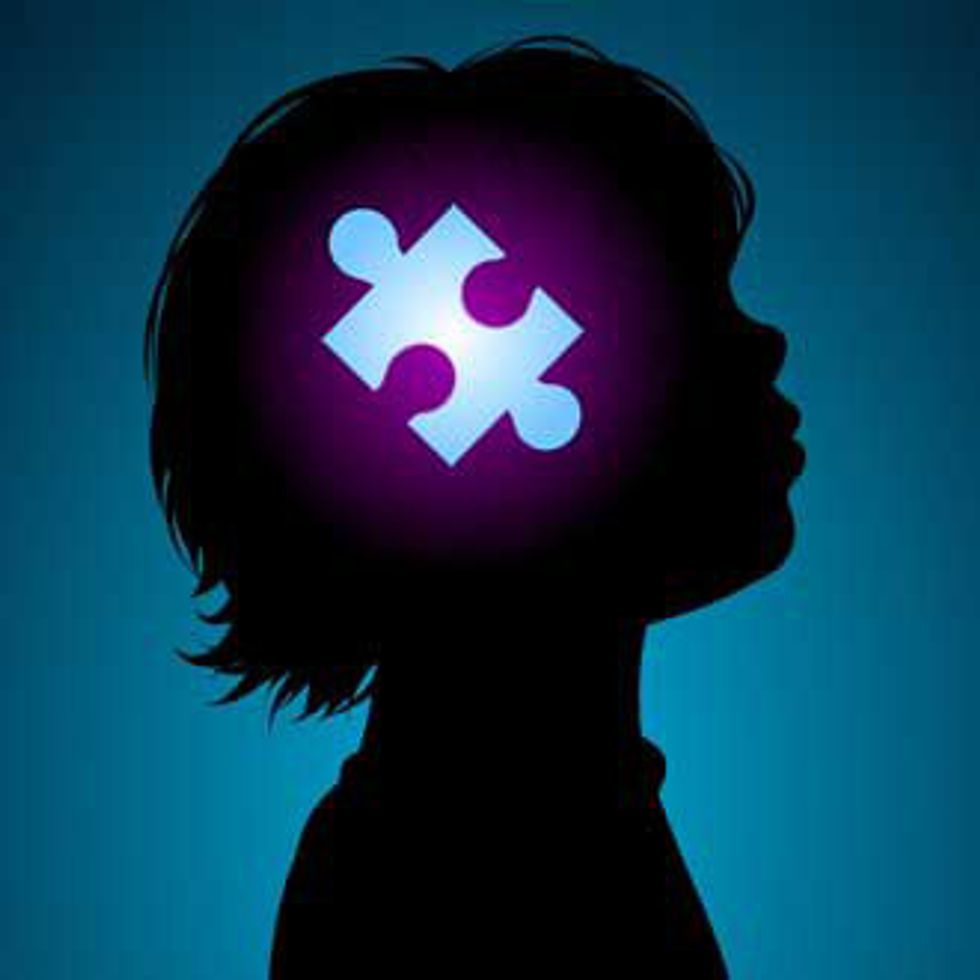If you're anything like the me from one year ago, I bet there are a lot of things that you don't know about autism. It wasn't until I became really good friends with an autistic person that I really understood what autism is or how it works. It's easy to get into the habit of bunching neurodivergence into little groups and assuming that all disabilities work the same way, but the truth is: they don't. This list is here to give you the run down on somethings that you should definitely know about autism.
1. Autism doesn't effect everyone in the same way
OK, so the biggest thing to understand about autism is that it works in a spectrum. For some people, this means that verbal communication is tough, for others, this means that they are very vocal. What this means, is that, shocker! autistics come in all shapes and sizes and shouldn't be treated any differently because their autism means something different for them.
2. Autistics are sensitive to sensory stimulus
Imagine you're in a shopping mall and you're walking around. Suddenly, you can smell every single stand at the food court, the BO on the guy in front of you, the rubber on the bottom of your sneakers. You can hear all the conversations around you and instead of a quiet buzz, it's a pumping roar. The person walking behind you speeds up and bumps into your bare arm and it feels as though you encountered every single cell of theirs brushing against yours. Of course, it isn't like this with every autistic, but you get the idea.
3. It effects more people than you think
1 in every 150 children is diagnosed with autism. Another way to think of it, is 1 percent of all children. What this means, is that autism isn't just "someone else's problem." It will effect people you know –– members of your community, school, and family. Because autism is relevant to all of us, we must learn ways to understand autism.
4. Autism receives less than 5 percent of funding given to many less prevalent disorders
Even though autism is the fastest growing childhood disorder, there is very little funding in place to research it.
5. Stims!
Stimming is the act of self stimulating different senses. Since autistics often are victims of sensory overload, stimming is an important and healthy part of ensuring safety for autistics. Stims can include anything from flapping hands or running hands over soft fabric.





















